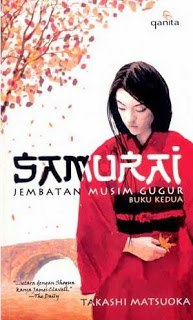

On the other hand, in Pramoedya’s novels, while characters with modern ideas do exist, they are not trapped in a world of consumerism. In Yeom Sang-seop’s novel, those seeking modernity hold only modern ideas and ultimately fall victim to consumerism. Meanwhile, the characters in Pramoedya’s quartet consider honor to be important. In this novel, characters who follow traditional culture consider customs and honor very important.

Yeom Sang-seop’s Samdae (Three Generations) is shown to capture the conflict of traditional and modern cultures. The purpose of this study is to analyze the writers' cultural differences as they appear in these novels. Although Korea and Indonesia have different cultures, they share a history of colonization by imperial countries.

This study analyzes Korean writer Yeom Sang-seop's colonial-era novel Samdae (Three Generations)(1931) and Pramoedya Ananta Toer's Tetralogi Buru (Buru Quartet). In practical terms, the study of readers in colonial and post-colonial societies requires a lot of groundwork, from book history to a sociology of readership, There is also a significant difference between areas which were under the rule of the British empire, and thus acquainted to the canons of "Western literature" and areas like Indonesia, where even Dutch literature had little impact on the cultural imagination of the natives. For example, the assumption that ordinary people may have similar "interpretive strategies" is probably not applicable in societies where functional illiteracy is still high. Reader-response criticism is largely based on the American and European experience, which are both distinct from the literary culture of the former colonies. 1 The reason for the absence of readers in postcolonial theory is both historical and practical. This is even more true in postcolonial where the audience or reader, despite the theoretical innovations of reader-response criticism in the 1970s, still persists as a marginal figure. The meaning of the text from the perspective of the reader is fixed and unchanging, or to put it differently, that the implied reader of a text is none other than an abstract idealized being, void of political and historical content. Despite the different interpretations that critics may have of a particular text, there is an underlying assumption that the text would produce similar effects on readers regardless of the particular context in which the text is being read. The search for meaning of a literary work in mainstream literary criticism, particularly Russian Formalism and New Criticism, has been focused on the study of the text itself.


 0 kommentar(er)
0 kommentar(er)
